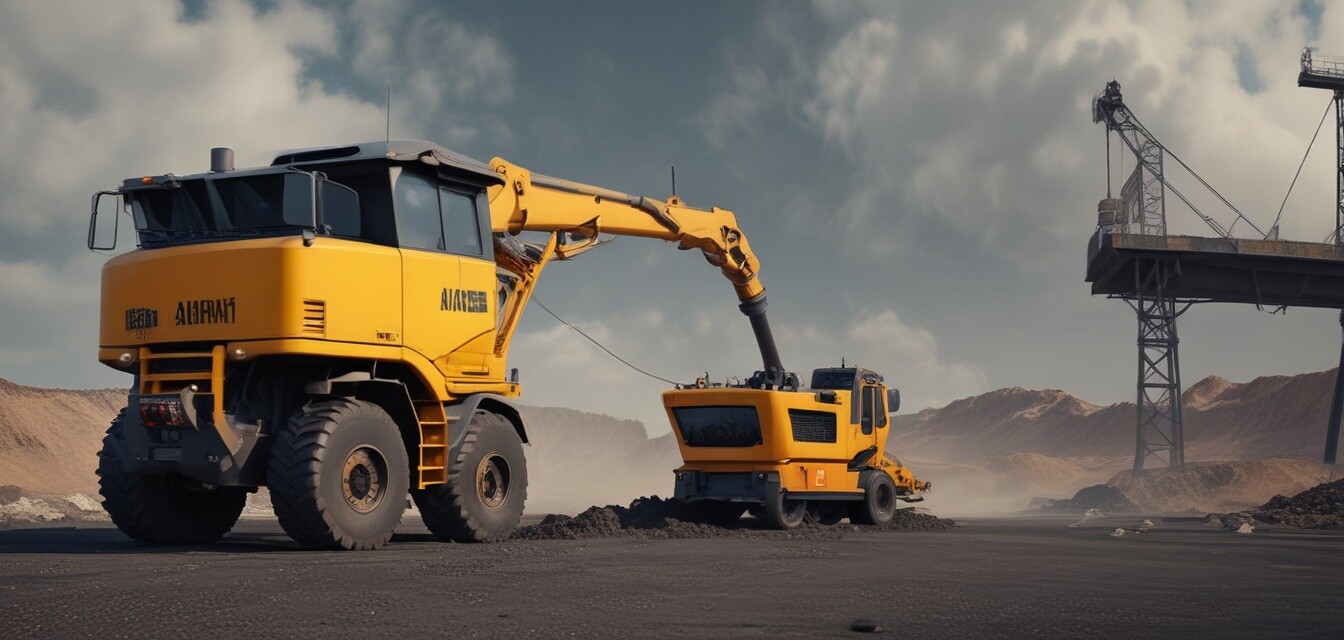
Best Asphalt Mixing Equipment for Your Business
Key Takeaways
- Select the right asphalt mixing equipment based on your project needs and business scale.
- Consider factors like mixing capacity, fuel efficiency, and ease of maintenance.
- Invest in quality equipment to enhance production and reduce downtime.
- Familiarize yourself with various options available in the market to make an informed decision.
- Ensure that you are updated on the latest trends in asphalt mixing technology.
When it comes to asphalt mixing, having the right equipment can make a significant difference in productivity and quality. For contractors looking to invest in their operations, selecting the best asphalt mixing equipment is crucial. This article will guide you through the essential aspects of asphalt mixing machinery, helping you make informed purchasing decisions.
Importance of asphalt mixing equipment
Asphalt mixing equipment is vital for contractors involved in road construction, paving projects, and repair works. The right equipment ensures a consistent and high-quality mix, which leads to better pavement performance and longevity.
Types of asphalt mixing equipment
There are various types of asphalt mixing equipment available, each suited for specific needs and applications:
- Batch Mix Plants: Ideal for projects requiring high-quality asphalt. This equipment produces small batches, allowing for precise control over the mix.
- Continuous Mix Plants: Suited for large-scale operations, these plants produce asphalt continuously, often at a higher speed than batch mix plants.
- Mobile Asphalt Mixing Plants: These portable units are perfect for smaller projects or when work is needed in multiple locations.
- Recycling Equipment: Machines designed to reuse asphalt materials can significantly cut costs and promote sustainability.
Key considerations when purchasing asphalt mixing equipment
When investing in asphalt mixing equipment, consider the following factors:
| Factor | Description |
|---|---|
| Mixing Capacity | The volume of asphalt the equipment can produce in an hour. Choose according to your project's demands. |
| Fuel Efficiency | Evaluate the fuel consumption rate to minimize operating costs. |
| Durability | Invest in equipment made from high-quality materials to ensure longevity and resistance to wear. |
| Maintenance | Lower maintenance needs can save money and time, so check for equipment with easy access to parts. |
| Technology & Features | Modern features like automation and real-time monitoring help optimize operations. |
Comparing asphalt mixing equipment
To help you further, here’s a table comparing the different types of asphalt mixing equipment:
| Type of Equipment | Production Rate | Ideal For |
|---|---|---|
| Batch Mix Plant | 20-200 tons/hour | High-quality applications |
| Continuous Mix Plant | 50-400 tons/hour | Large-scale continuous production |
| Mobile Mixing Plant | 20-100 tons/hour | On-site projects |
| Recycling Equipment | Dependent on model | Cost-effective and sustainable solutions |
Benefits of investing in quality asphalt mixing equipment
- Increased Efficiency: Quality equipment generally leads to faster production times and reduces downtime.
- Better Quality: A well-mixed asphalt ensures longer-lasting pavements, less maintenance, and better overall performance.
- Cost Savings: Investing in durable equipment minimizes repair costs and enhances productivity.
Staying updated with industry trends
The asphalt paving industry is continually evolving, with new technologies emerging to enhance efficiency and sustainability. Keeping up with industry trends will help you make informed purchasing decisions and ensure your business remains competitive.
Conclusion
Investing in the best asphalt mixing equipment for your business is crucial for ensuring high-quality outputs and operational efficiency. By understanding the different types of equipment, their usage, and how to compare them, you can make better choices that align with your project needs and budget.
Pros
- Improved efficiency and productivity.
- High-quality asphalt production.
- Reduction in maintenance costs.
- Adaptability to various projects.
Cons
- High initial investment costs.
- Space and transportation considerations for larger units.
- Regular maintenance and operational expenses.
Tips for beginners
- Start with understanding your project's specific needs.
- Consult with industry professionals for expert advice.
- Visit trade shows to see equipment in action.
- Evaluate used equipment as a cost-saving option before buying new.

